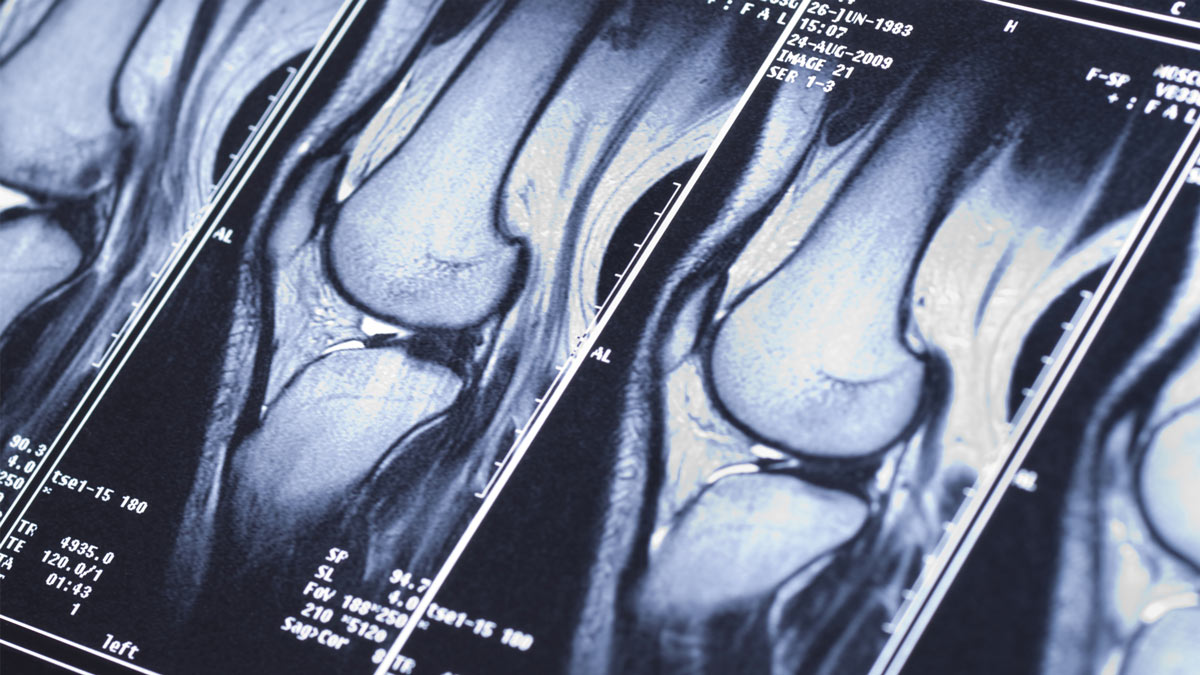Scientists at the Center for Advanced Imaging Innovation and Research are sharing MATLAB scripts for learned magnetization-prepared gradient echo (L-MPGRE) pulse sequences used in T2 and T1ρ mapping of knee cartilage.
L-MPGRE relies on a two-level machine learning approach to automatically find the parameters of an MR pulse sequence with user-specified performance criteria, such as accuracy or signal-to-noise ratio.
The research team behind this approach has found that compared to other sequences commonly used for T2 and T1ρ mapping, pulse sequences learned with L-MPGRE can deliver higher-quality data in half the time (a manuscript detailing the findings is currently in review).
A version of this post first appeared on the CAI2R LinkedIn.
Related Resource
MATLAB scripts for learned pulse sequence parameters of magnetization-prepared gradient echo sequences used in multi-component T2 and T1ρ mapping.
Related Story
Marcelo Zibetti, imaging scientist at NYU Langone Health, talks about efficiency in MRI, the value of differing vantage points, and learning by thinking across disciplines.



